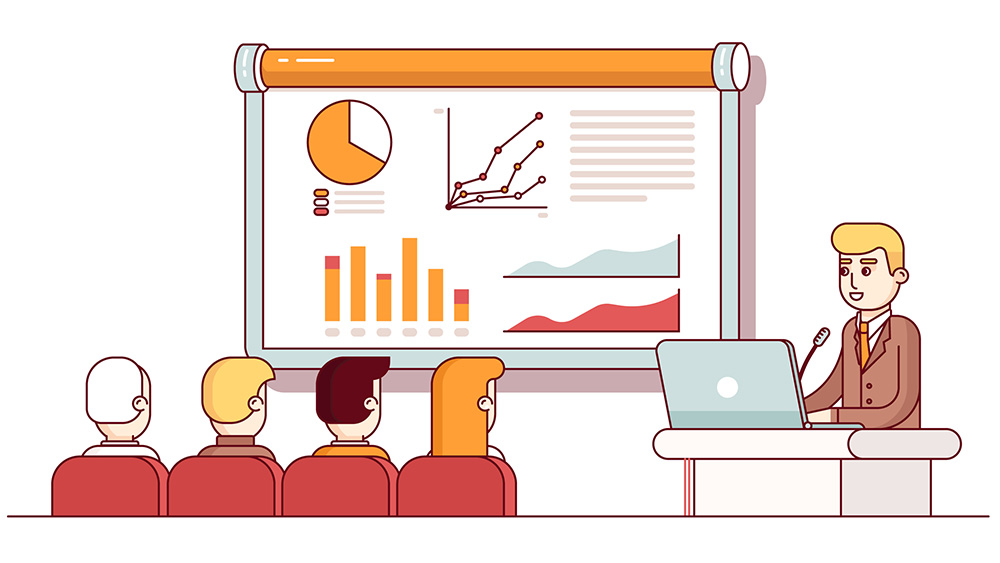




 10/19/2023
10/19/2023
With its wide range of concepts, theories, and practical applications, economics is a broad and intricate field.
IBDP Economics is one course in particular that seeks to provide students a thorough understanding of this field. Intended for high school pupils who are in the final 2 years of research, this demanding programme develops imaginative and analytical abilities in addition to a strong foundation in economic fundamentals.
For individuals who want to understand the fundamentals of economics, sifting through the complexities of this course might be difficult but worthwhile.
IBDP Economics: Why Study It?
Researching International Baccalaureate Diploma Programme Economics is crucial for a number of reasons, so keep that in mind while you're selecting your studies. This course aids students in comprehending the functioning of the global economy in the linked world of today.
Students can comprehend how economies work and what influences economic growth, expansion, and inequality by learning about multiple economic concepts and how they function in practical situations.
Critical thinking is another important aspect of the IBDP curriculum, which helps students assess difficult problems from several angles and come to well-informed conclusions.
IBDP Economics study offers numerous advantages. It cultivates key competencies that companies and academic institutions value, including problem-solving, data analysis, effective written and oral communication, and teamwork.
A strong background in economics better prepares students for professions in academics, finance, company management, international relations, and public policy.
Studying IBDP Economics also has the benefit of promoting and teaching responsible citizenship. Individuals who comprehend the impact of economic policies on both national and global society may be inspired to support sustainable policies or participate in pertinent projects as a way to positively impact their local communities.
Through comparative studies, the IBDP Economics course encourages students to respect diverse cultures and economies, so promoting empathy and tolerance. Students who study IBDP Economics not only get useful skills but also get ready for future study in related subjects like business management or finance.
Students can strengthen their comprehension of diverse economic systems and hone their intellectual and evaluative skills by investigating global case studies and theories. They gain important insights into the world's economic climate and are well-prepared for future academic problems as a result.
Comprehending the IB Economics from the perspective of an IB Economics tutor in India
The goal of the IB Economics curriculum is to give students an in-depth knowledge of economic theories, practices, and policies. Macroeconomics, Microeconomics, Development Economics, and International Economics make up its four primary components.
Every segment explores a distinct topic within the realm of economics, enabling learners to acquire specialist understanding and cultivate analytical abilities.
Microeconomics
Microeconomics studies how individual customers and businesses behave in the marketplace. Topics including elasticity, market structures, opportunity cost, and scarcity are covered in this section. Students gain knowledge of the numerous models that are employed to examine corporate conduct and customer choices in various market scenarios. They also look at how the government may intervene to promote equity and fix market failings.
Macroeconomics
Examining aggregate supply and demand variables that affect employment, inflation rates, national income, and economic growth, macroeconomics concentrates on the financial system as a whole. Exchange rates, business cycles, unemployment theories, monetary policy, and fiscal policy are among the subjects discussed. Students examine the relationship between shifts in taxation and spending by the government and macroeconomic indicators like the GDP and inflation rate.
International Economics
International Economics studies the dynamics of international trade and the causes of superiority in production. It also looks at the many trade laws that governments have enacted to support exports or safeguard homegrown businesses. This section explores themes like foreign exchange rates impacting international financial markets and balance of payments difficulties.
Development Economics
Development Economics assesses economic growth plans for developing nations hoping to raise living standards in a sustainable way.
IB Economics is a challenging course. Although it's not the hardest, it's still challenging!
Earning a score for IB Economics is a challenging task because there are a lot of theories to learn, graphs to comprehend, and essays to produce.
We'd like to provide you with a few quick ideas to get you started on your Economics journey before we go into the tools available to you.
1. Put your attention on comprehending the ideas and how they operate. Economics isn't a subject that is best learned by heart. It will take some time for you to fully understand the principles.
2. Acquire the ability to put into practise the concepts: Many students are unaware that grasping the ideas alone is insufficient. You must practise using them, particularly for Paper 2. Examine news items to find examples of how the knowledge you have gained might be applied to understand global phenomena.
3. Practise essay: Economics is not something you can pass by knowing and doing. You must acquire essay writing talents. Practise them, and ask your teacher to grade them and point out any areas where you struggled. Start early because this takes a long time as well.
Previous papers are really helpful according to an IB tutor in Delhi
Solving practice questions for the IB Economics test is one of the finest methods to get ready. You may gain insight into the format and kinds of questions given in the exam by studying previous papers. They also assist you in determining your advantages and disadvantages for every topic and subtopic, enabling you to concentrate your revision efforts on the areas in which you still need to practice.
Try to replicate test conditions as much as you can when rehearsing old papers. This calls for managing your time, limiting your use of the exam's approved materials, and refraining from using outside resources. Once you've finished each paper, go over your responses and point out any places where you could have done better. Starting with the older papers and working my way up to the latest ones proved to be beneficial.